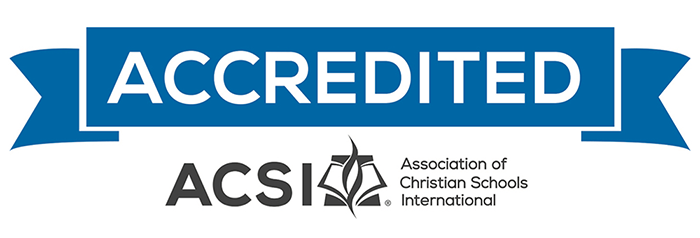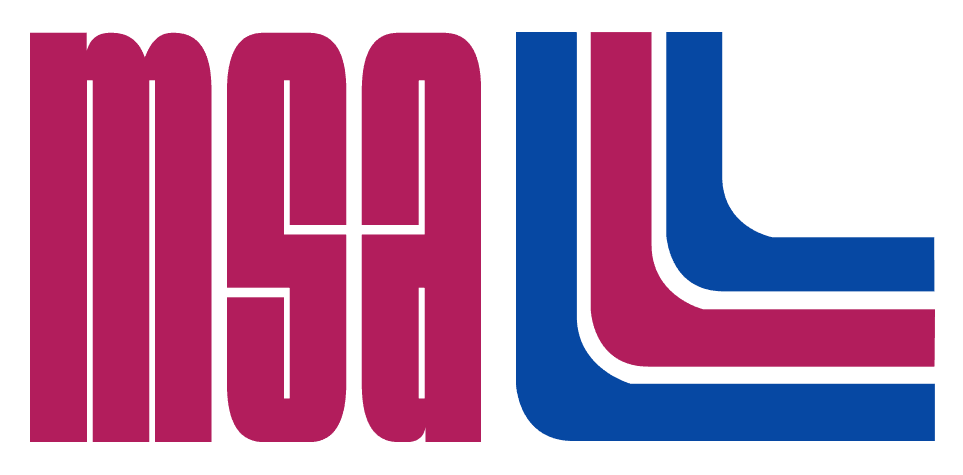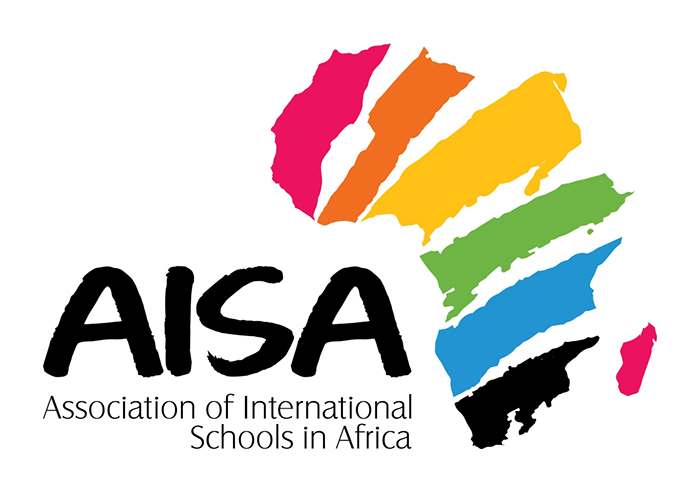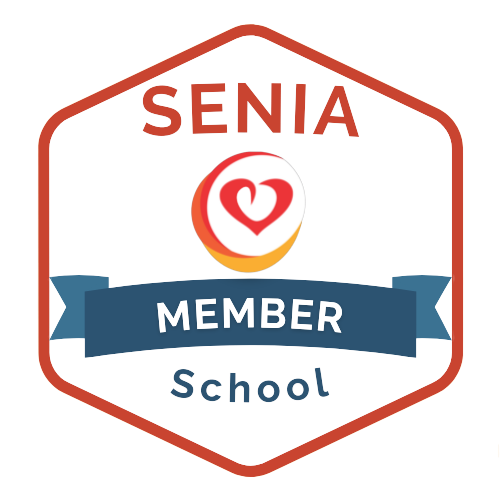The Advanced Placement (AP) curriculum is a rigorous and globally recognized program aimed at high-achieving, college-bound students who want to prepare themselves for entrance to strong universities. This highly regarded program is similar to the International Baccalaureate (IB) but is more widely used in North America. It has also been invaluable for our students seeking entrance into top US, Canadian, Korean, and European universities.
Advanced Placement
AP vs IB. Which program is better?
In trying to answer this question, Jay Matthews, an influential education blogger at the Washington Post, tells the story of Harlan Hanson, a man who has held leadership roles in both the Advanced Placement (AP) and International Baccalaureate (IB) programs. When it came time for each of his four children to choose a High School, Hanson laid out the pros and cons and gave them the choice – two chose AP and two chose IB. When asked point blank about which program is better, Matthews himself replies, ‘I try to dodge the question. Both programs are top-notch.’
When Rosslyn explored the two options, our conclusion was that, while each program is outstanding, the AP was a superior fit for our students and our educational community. Today, our conviction has only strengthened.
More to Advanced Placement
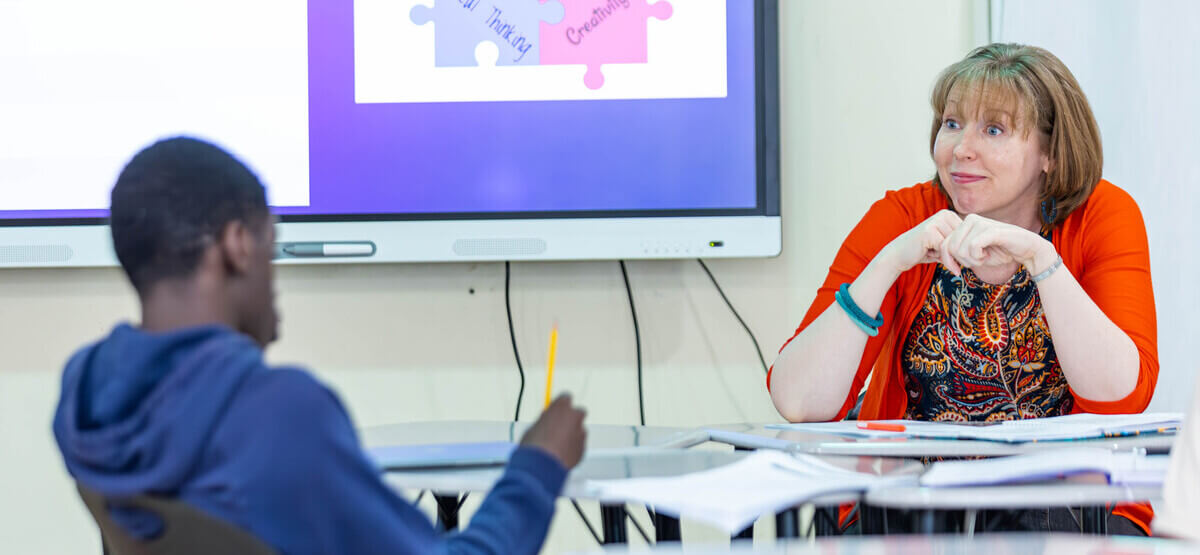
Why the AP program?
The AP program offers greater individualization and flexibility than IB
The IB was created as a ‘whole’ program, giving students less flexibility. We feel that this ‘all in’ system is not ideal for many students. The greater flexibility of the AP program, on the other hand, allows students to tailor an academic program that fits their unique areas of strength.
While Rosslyn values holistic development (as our tremendous range of course offerings, concern for student leadership development, and outstanding extra-curricular programs demonstrate), we recognize that within the parameters of holistic development, students have radically divergent needs when it comes to being challenged in any given area. The AP allows us to provide a genuinely holistic program while still catering to each student’s unique strengths.
The AP is less bureaucratic and ideological than the IB
The relative lack of bureaucracy and dictated ideology in the AP program allows a school to fit the AP into its educational culture. This is in contrast to the alternative of being forced to adopt a particular education system and philosophy as required by the IB curriculum. Rosslyn believes that learning, faith, and moral growth blossom when they are integrated.
The AP program, which does not include a mandated “philosophy of learning,” allows us to integrate the moral and spiritual components of education in ways that are consistent with our Christian worldview and values. While it is working towards compatibility with faith-based perspectives, the IB program rests on an explicitly secular philosophy of education that makes the integration of faith and learning much more difficult.
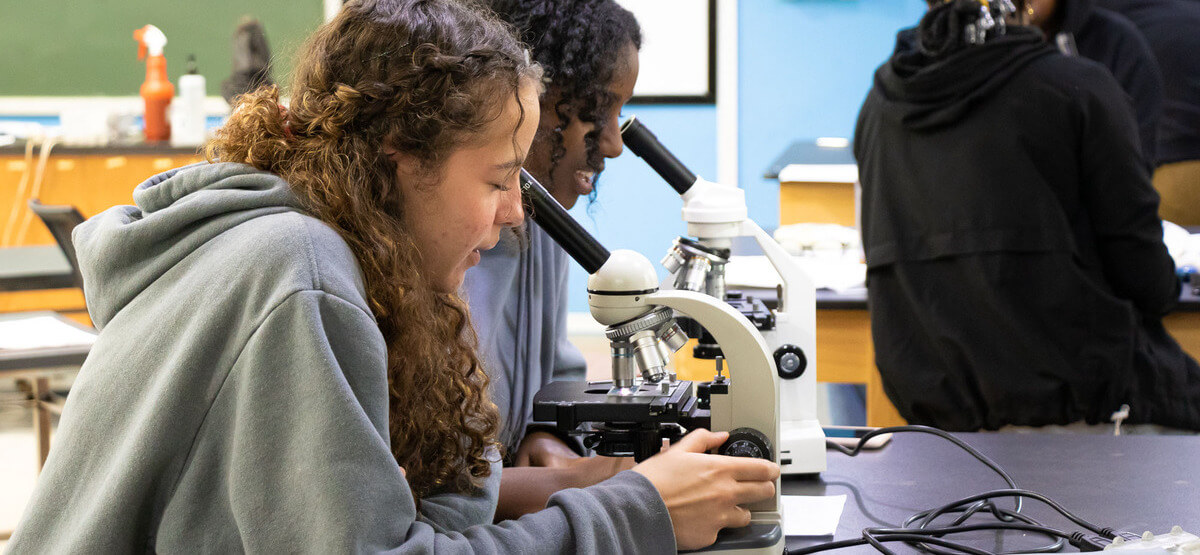
The AP is more cost-effective
Because the IB program comes, to some extent, as a one-size-fits-all curriculum – one that is dictated by a central planning body and requires every teacher in the program to undergo training in the IB program – it is also significantly more expensive to run. We believe the AP program offers a comparable academic program at a fraction of the cost, allowing us to pour more money directly into the classroom.
Ease of transferability
The mobile and international families that makeup Rosslyn’s educational community need a curriculum that is easily transferable if/when they are relocated to another country. We believe the AP program is far more suited to this process than the IB. This might seem counter-intuitive as the IB is, after all, the ‘international’ baccalaureate. So why is this? The AP program is based on individual self-contained courses students pick to suit their needs and interests. Those individual credits are easily applied to a host of different curricula. The IB program, however, is designed to be experienced as a “whole package.”
While it is not impossible, separating the IB content courses and blending them into a different program is harder. In other words, the AP program offers courses that are complete puzzles in themselves. Therefore, giving credit for them is uncomplicated. On the other hand, the IB provides courses that are pieces within the larger IB puzzle. If you transfer to a school that does not offer the IB puzzle, your pieces may not fit as well.
Greater Recognition in North America
While both programs have gained respect globally, the AP program is dominant in North America (in the US, for instance, nearly 23,000 schools offer the AP, while only approximately 3,700 schools offer the IB). Because the vast majority of our students elect to attend universities in North America, the greater influence of the AP program there is seen by us as a significant point in its favor.
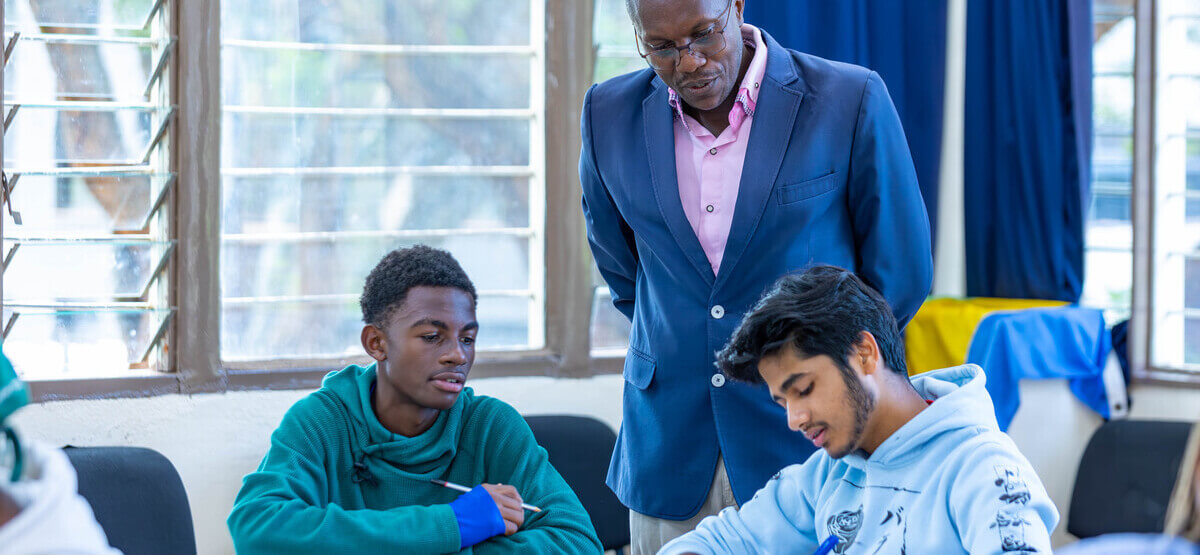
AP courses offered at Rosslyn
- Studio Art: 2-D Design
- Art History
- Biology
- Calculus AB Comparative Government
- Computer Science A
- English Language and Composition
- English Literature and Composition
- French
- Human Geography
- Physics C: Mechanics
- Psychology
- Spanish
- Statistics
- World History: Modern.
Here are links to more resources:
Frequently Asked Questions
Is the IB program preferred over the AP in Europe?
Just as the AP’s North American founding has given it greater recognition in North America, the IB program’s European roots have led to a similar advantage for the IB at European universities. That said, while the IB is widely known in Europe, the AP is still very well-regarded by the best universities in Europe.
Many of our students who have opted to study in Europe, Asia, or Australia have relied heavily (and with great success) on their AP scores. Recently, for instance, a Rosslyn student was admitted to Cambridge University, primarily on the basis of his strong AP scores.
Which is more rigorous - the AP or the IB?
There is no consensus on this question. One Canadian educational blogger comparing the two concluded that the, ‘AP is slightly more difficult, whereas the workload for IB is significantly greater.’ The answer probably varies for individuals and depending on how the programs are applied in different schools. Regardless, most experts would say that both courses are extremely rigorous.
As one educational blogger put it, ‘AP and IB are almost universally accepted as proof of secondary academic achievement on a high level. Apply to Harvard or Yale and they will both know exactly what the IB and AP are and what the results mean. It’s not the same with an applicant whose only credentials are good marks in high school and some nice recommendations.’
Overall, which program is better the AP or the IB?
We believe that the question is much like choosing between a Mercedes sedan and a Range Rover. Both are exceptional vehicles but with slightly different purposes and strengths. Which program a school chooses is, therefore, primarily based on the question of which one is the best fit for that school and its students. For the reasons listed above, we believe that the AP program is the superior choice for Rosslyn Academy’s community and are proud of our reputation as one of the largest and most successful AP programs in Africa.
As mentioned above, over the last five years the global pass rate on AP exams has been steady at just over 60%. Rosslyn’s average pass rate over the same period has been slightly above 85%. This 25% gap between Rosslyn’s students and the other four million high achieving students worldwide who take the AP each year is a strong testimony not only to our students – their intelligence and their work ethic – but also to the exceptional instruction they are receiving in the classroom daily.


